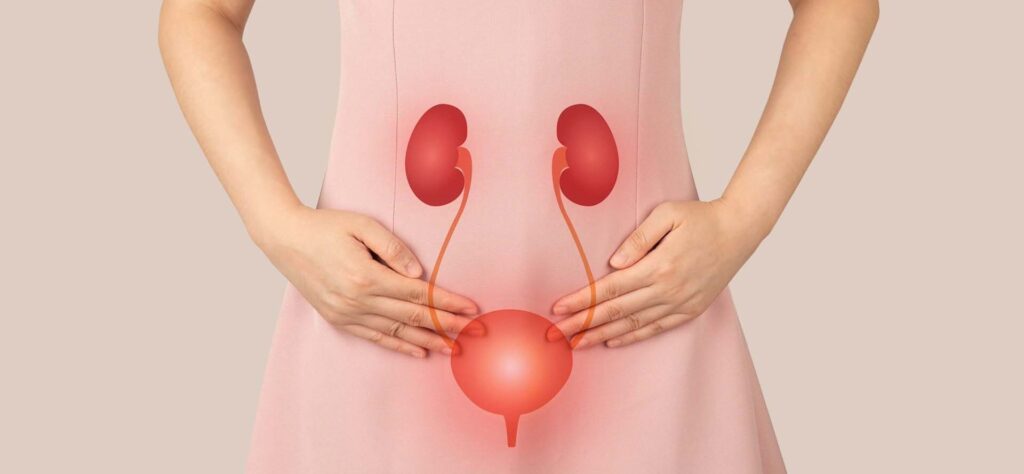FEMININE DISORDERS
what experts
those chinese are!
The Chinese, through Traditional Chinese Medicine (TCM), were the first to take gynaecological disorders seriously. The first doctors specializing in female disorders were therefore Chinese.
For example, the Zhou Bing Yuan Hou Zong Lun “General Treatise on Symptomatology and Etiology of Diseases” , dating from 610 AD, devotes volumes 37 to 44 to gynecology. It describes 283 syndromes covering menstrual disorders, leucorrhoea or vaginal discharge, and pregnancy and post-partum conditions.
Another example among dozens of others: the oldest book on obstetrics dates from the TANG Dynasty (618-907 A.D.), and is entitled Jing Xiao Chan Bao ” Treatise on Obstetrics “. and contains 12 chapters on conditions of pregnancy, 4 chapters on labor problems, and 25 chapters on post-partum problems.
Here, we’re discussing not just “gurus” providing women with temporary relief, but rather doctors and intricate medical theories addressing female disorders.
What diseases
are we talking about?
From all menstrual diseases (cycle irregularity, absence of periods, heavy periods, painful periods, etc.) and those surrounding periods (headaches, breast pain, diarrhea, acne, mood swings or depression, etc.), to vaginal discharge, endometriosis, infertility and many others, such as cancers (breast, cervical, etc.).

the causes of
female disorders
There can be several causes of gynaecological disorders.
- So-called ” external ” causes, which include bacterial and viral causes such as papilloma virus (HPV), STDs (Candida albicans, salpingitis, herpes, mycoses, HPV, HIV AIDS, hepatitis B, condylomas (warts)).
- Numerous pregnancies or an unsuitable sex life : the result is STDs, energy depletion, blockages and frustration.
- Food irregularity or poor diet, smoking, alcohol. Eating too much sweet, fatty, spicy or raw food, drinking iced, carbonated or sugary drinks too frequently, abusing salt, eating irregularly or in inappropriate quantities will cause feminine disorders.
- Causes related to sexual excess, lifestyle hygiene or protection.
- Trauma from accidents or shocks.
- Medications like antidepressants, hypotensives, and hormone therapies.
- Emotions : according to TCM, the uterus is very sensitive to emotions, and these can cause imbalances that lead to illness (endometriosis, etc.). We now know that hormones are also closely linked to emotions, which is why the uterus is particularly sensitive to them. Blocked emotions, internalized anger and frustrations will create energetic blockages. Nostalgia, mental rumination or excessive thinking, worries (separation, etc.) will hurt the ” Spleen IQ ” for example. Sadness and the loss of a loved one, fears, fright and too many problems will also derail the gynecology.

solutions to
women's disorders
In Western medicine, the majority of treatments are symptomatic, involving either surgery or hormone therapy. For the most part, they will be effective, but will not address the cause and mechanisms of the disease; they will merely eliminate the effects. The downside is a host of side effects, some of which are benign, others not.
In Traditional Chinese Medicine, the solutions are many and varied:
- Women’s QI GONG exercises can be very useful, combining breathing with certain movements and massages.
- TUI NA or “Chinese Manual Medicine” offers specific massage sequences to harmonize gynecological disorders.
- Various acupuncture and moxibustion techniques in the form of cures.
- Chinese dietetics will suggest specific recipes, for example for getting pregnant, avoiding abortion, or treating painful periods, vaginal discharge, etc.
- Traditional Chinese pharmacopoeia (phytotherapy), derived from ancient texts, is full of ancestral gynecological formulas. By drinking herbal decoctions prescribed by a competent practitioner, the effect may be stronger than that of any of the preceding techniques.
- Lifestyle: your practitioner will give you lifestyle advice tailored to your disorder, so that you can help correct your imbalance and prevent it from returning.

